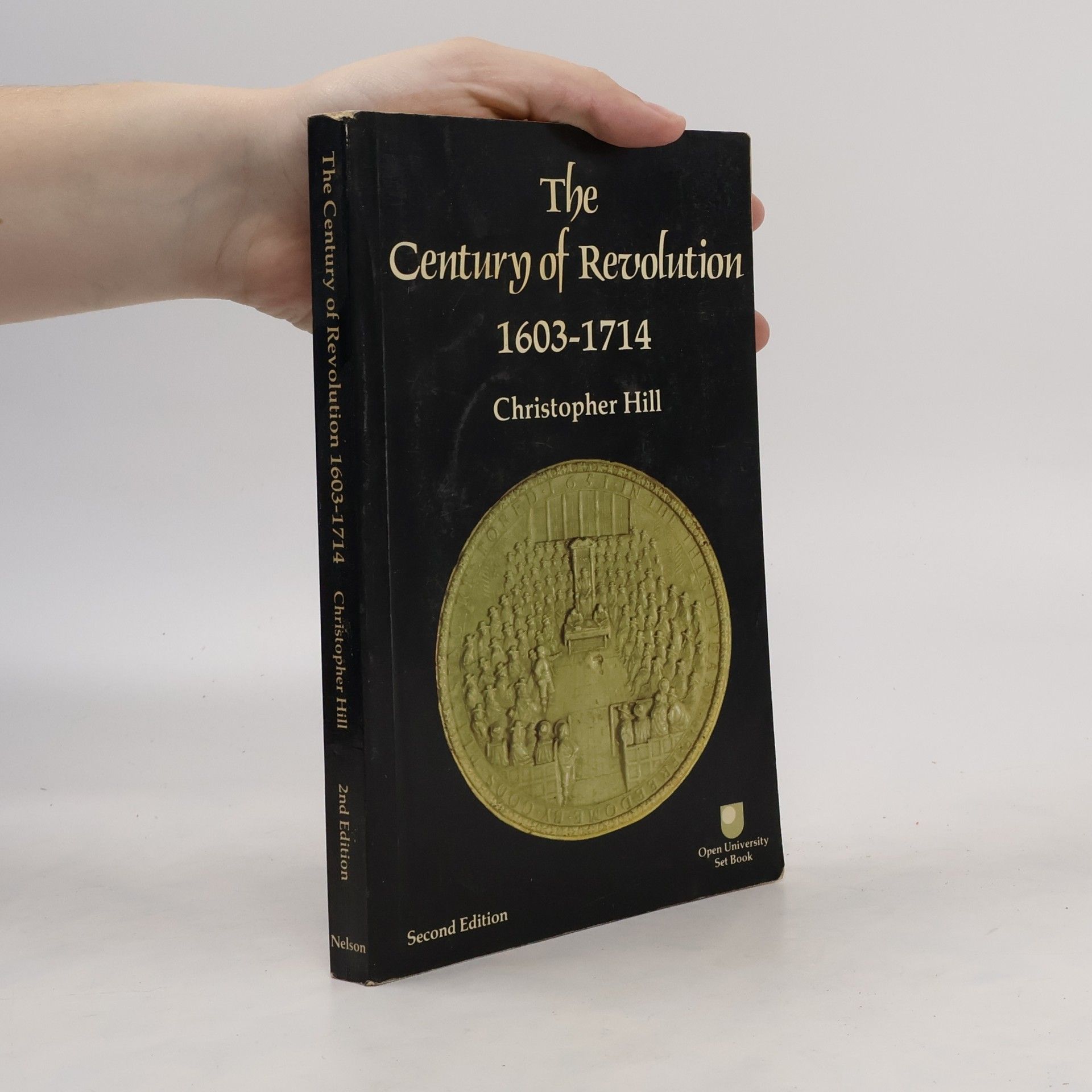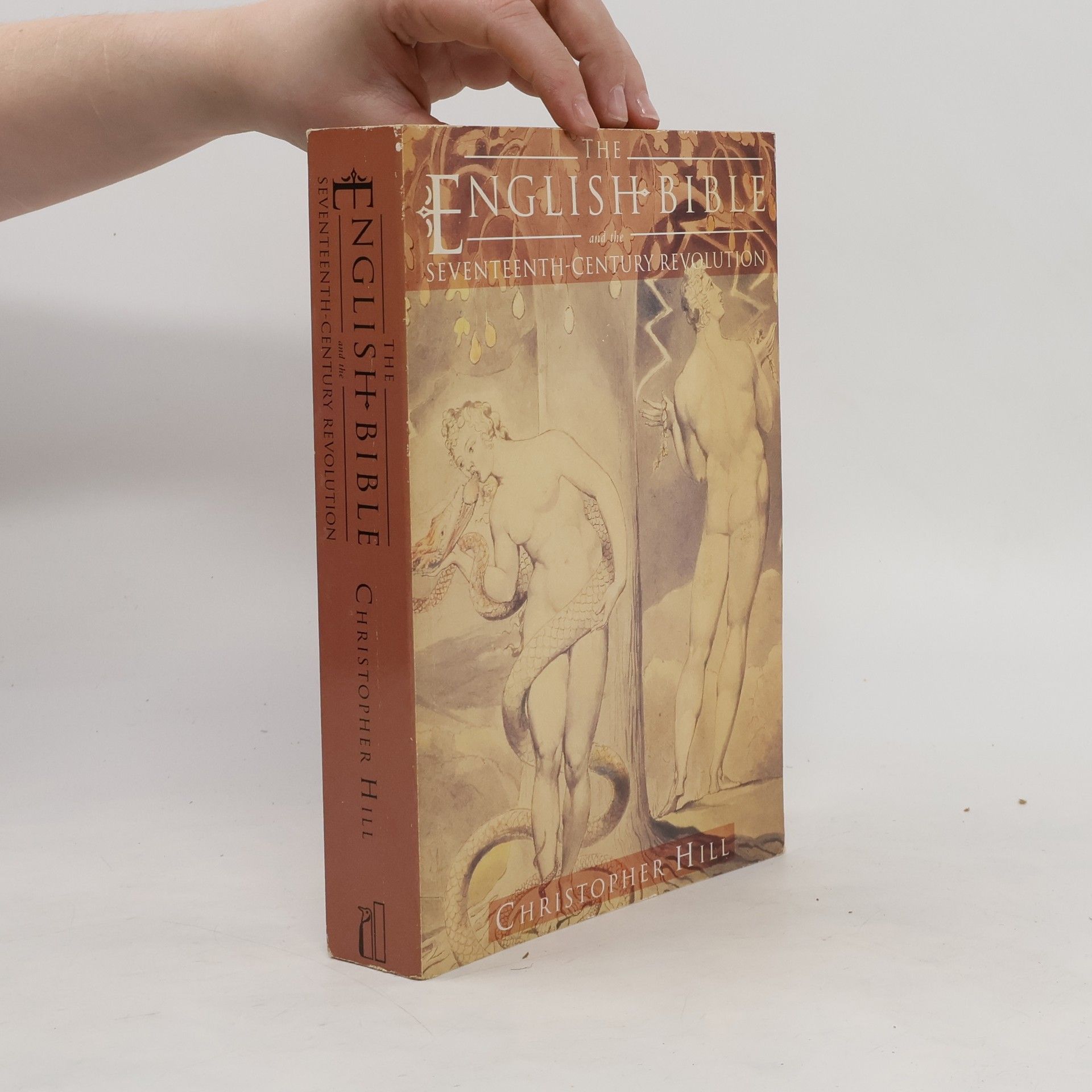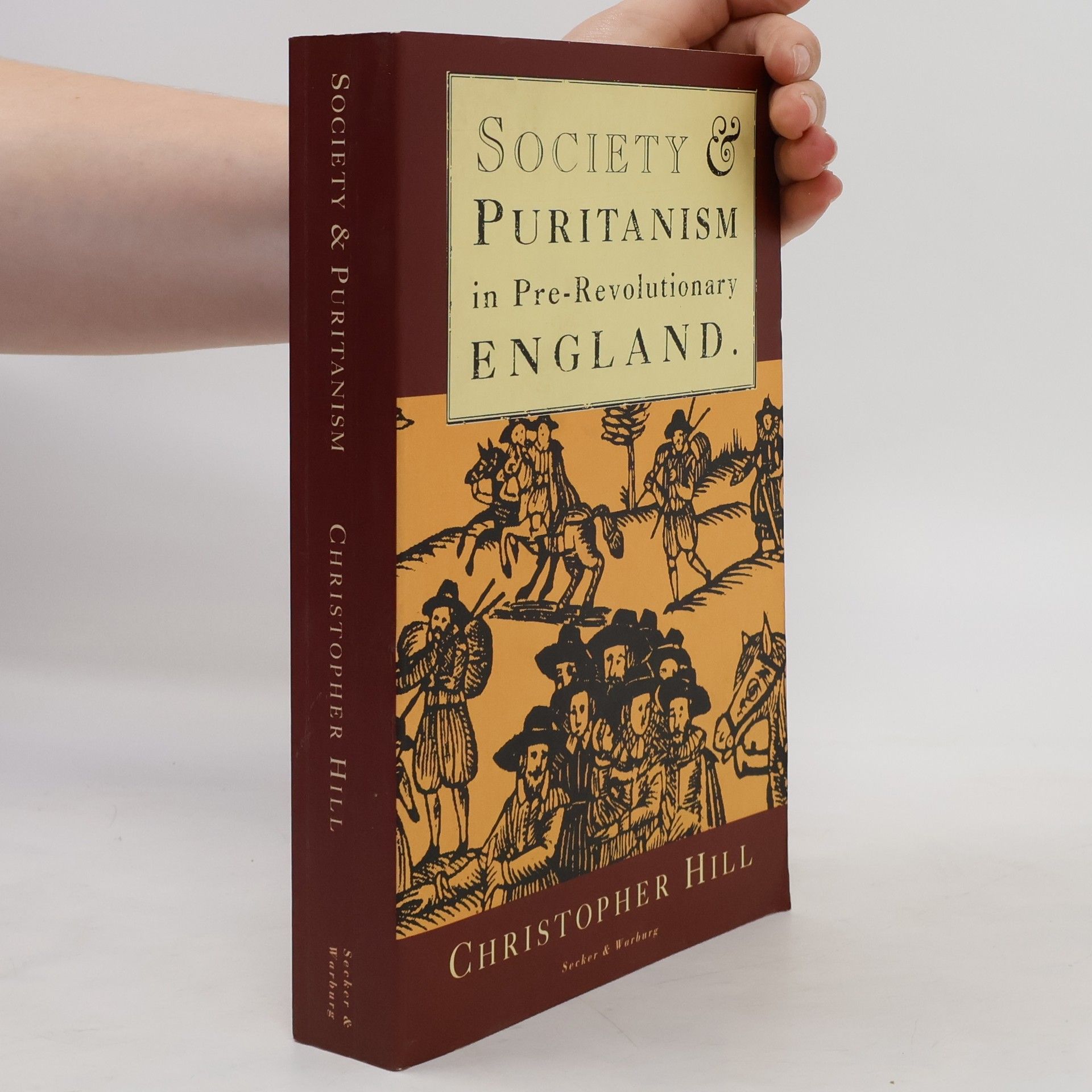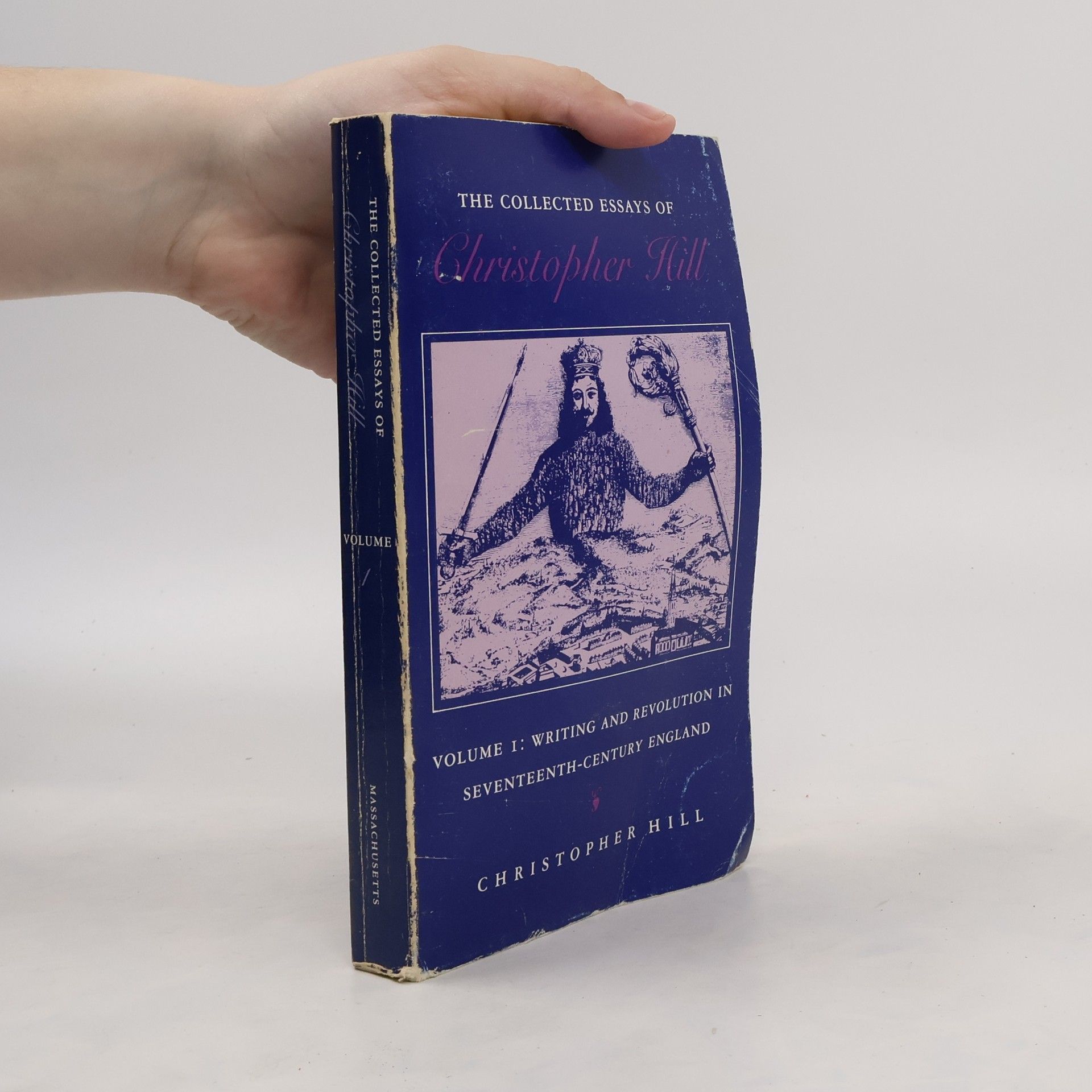The Collected Essays of Christopher Hill
Writing and revolution in 17th-century England
Essays discuss the work of Defoe, Milton, Marvell, Pepys, and Butler, censorship, and seventeenth-century British thought
Christopher Hill stood as the pre-eminent historian of sixteenth- and seventeenth-century England, recognized as one of the most distinguished historians of recent times. He became renowned globally as the defining Marxist historian of the century of revolution, a perspective that shaped generations of students' understanding. His work offered commanding interpretations of this pivotal era, illuminating the profound societal and political shifts of the period with unparalleled insight.






Writing and revolution in 17th-century England
Essays discuss the work of Defoe, Milton, Marvell, Pepys, and Butler, censorship, and seventeenth-century British thought
The British Experience, October 1938 June 1941
This book offers an in-depth analysis of the British government's approach to foreign policy, examining key decisions and their implications. It delves into historical contexts, political dynamics, and the influences shaping policy outcomes. Through detailed case studies, readers gain insights into the complexities of international relations and the strategic considerations that guide British diplomacy. The work aims to enhance understanding of the interplay between domestic politics and foreign affairs in the UK.
In order to understand the English Revolution and Civil War we need to understand Puritanism. Using his consummate skill as a historian, Professor Hill suggests that there might have been non-theological reasons for supporting the Puritans, or for being a Puritan. He shows Puritanism as a living faith, answering the hopes and fears of yeomen and gentlemen, merchants and artisans. He looks at oath-taking, the Sabbath, bawdy courts, and poor relief and assesses the significance of the household (rather than the Parish) and the dignity of labor. He shows Puritanism in daily life and discusses the emergence of the seemingly paradoxical - Puritan revolutionaries.
Looks at the importance of the Bible in English, new since the 16th century, in all areas of 17th-century culture - history, politics, economics, literature, science and religion.
In 1961 Christopher Hill first published what has come to be acknowledged as the best concise history of the period, Century of Revolution. Stimulating, vivid and provocative, his graphic depiction of the turbulent era examines ordinary English men and women as well as kings and queens. Hill argued that the Civil War was driven by the conflict between the old feudal lites and the growing merchant classes. Society and the State are dissected alongside other aspects such as Protestantism and the rise of capitalism and the questioning of hitherto unassailable authorities such as the church and the law. Full of wit and insight, his treatment of what is regarded as one of England's most formative periods is one that is as truly satisfying in the second edition, as it was in 1961.
A classic study of popular resistance to the momentous changes of seventeenth- century England
The masterful account of transformation of Britain into a modern nation by leading Marxist historian
In this book one of England's most distinguished historians explores the causes and consequences of the English Revolution, the years from 1640 to 1660 when the triumph of Protestantism encouraged a questioning of authority in English political, economic, social, religious and intellectual life. This was a decisive period in the evolution of the modern world, an essential precondition of England's becoming the first industrial nation. Hill considers both material and intellectual aspects of the Revolution, discussing, for example, the relationship between Protestantism and the rise of capitalism; the ideological attacks on divinity, law and medicine; and the entry of the 'Many-Headed Monster' - the masses - into politics. "Like all Hill's work, this volume is not only distinguished and accomplished, but deeply humane." -- John Kenyon, Observer "Hill's contribution to seventeenth-century English history has been enormous. This book, like all his others, is informative, stimulating, provocative, and most welcome." -- John Miller, Times Higher Education Supplement
This highly acclaimed biography explores how John Bunyan's writings and personality were influenced by the turbulent times in which he lived. The book examines the reasons why The Pilgrim's Progress holds a unique place in popular literature, and sheds new light on the meaning it held for its original readers. Christopher Hill believes that we should not view Bunyan's works as timeless literary artefacts, but take account of the social, political, and religious forces that acted upon their author. He explores the impact on Bunyan of his humble origins, the revolution of the 1640s and his experience in the Parlimentary army, his twelve-year imprisonment, and his difficulties in writing under censorship and persecution. The Pilgrim's Progress, which soon became the world's best-seller, is shown to derive from Bunyan's personal experience of defeat. - back cover
Remarkable reinterpretation of Milton and his poetry by one of the most famous historians of the seventeenth century